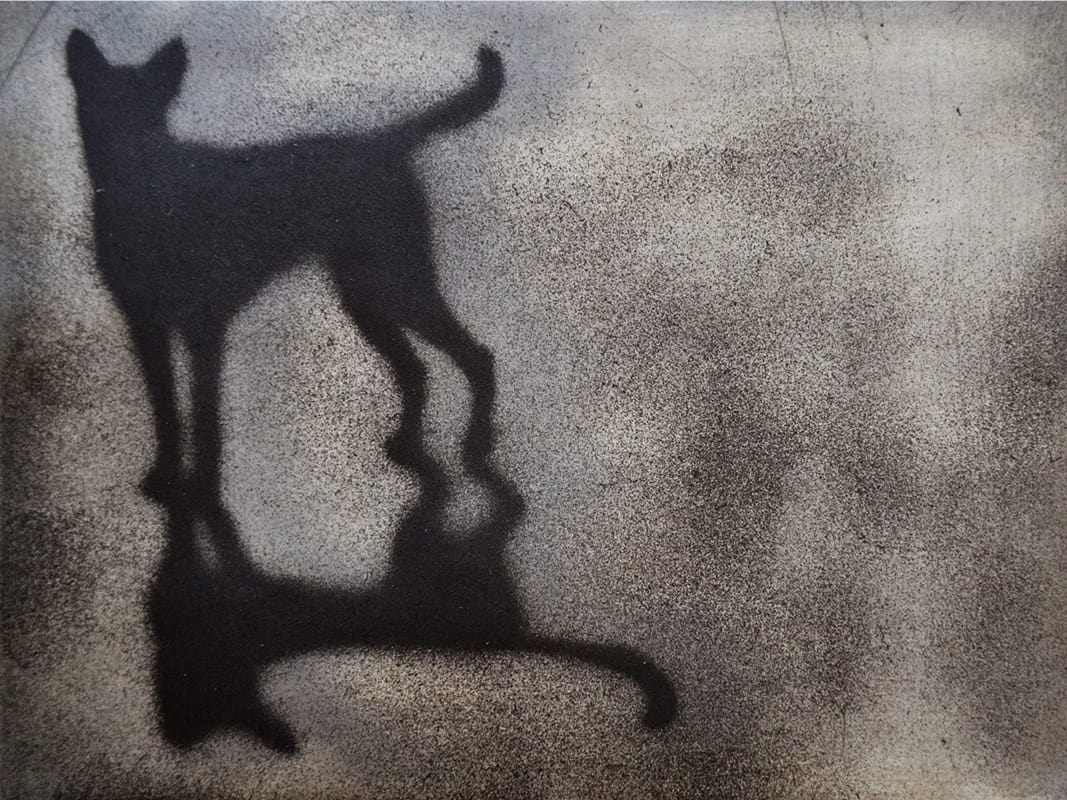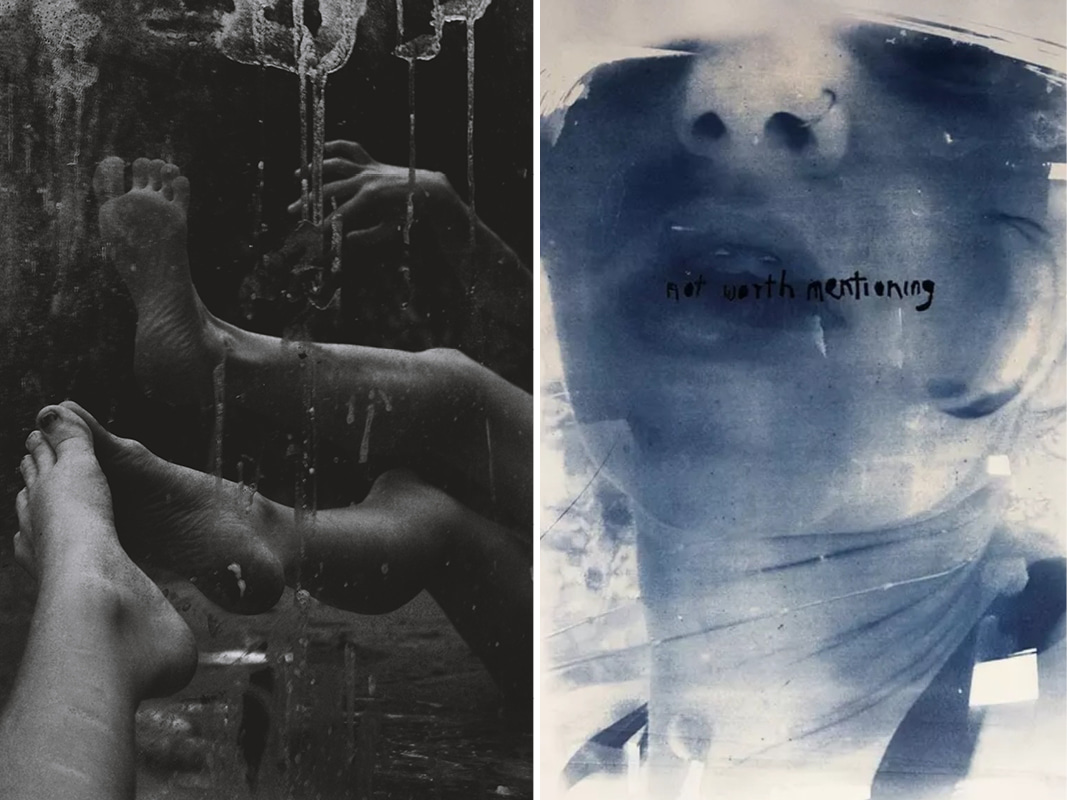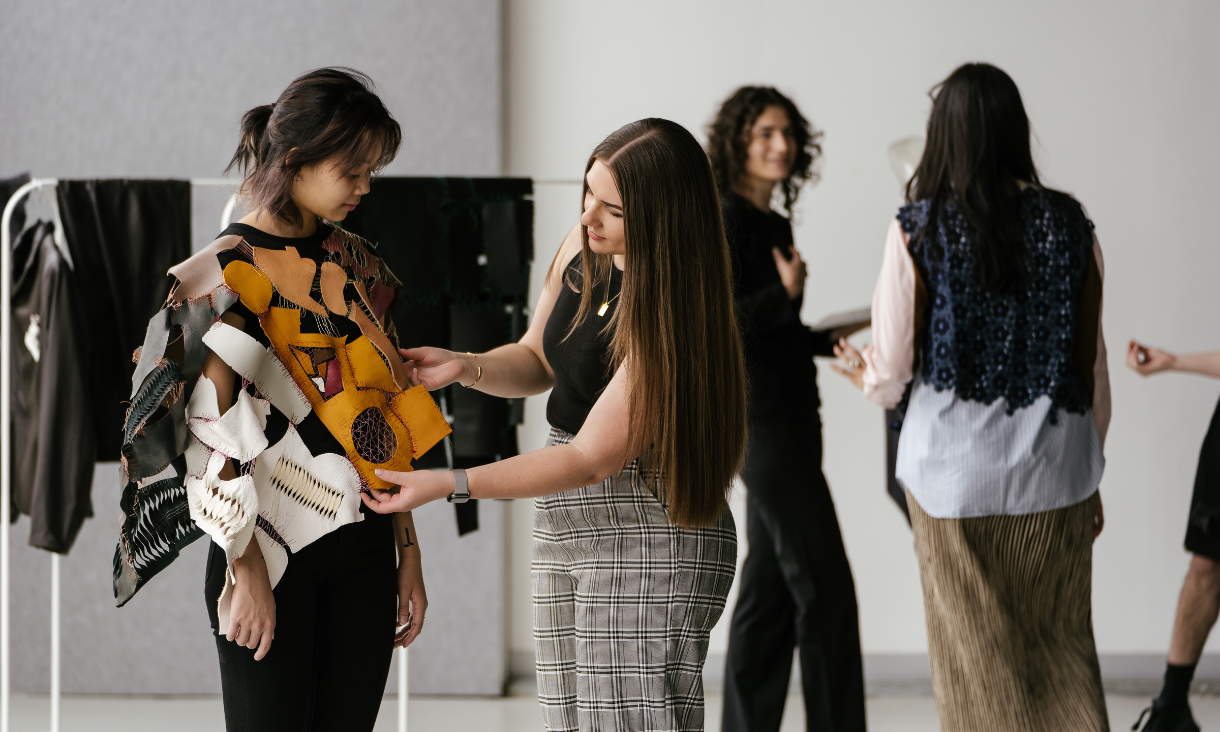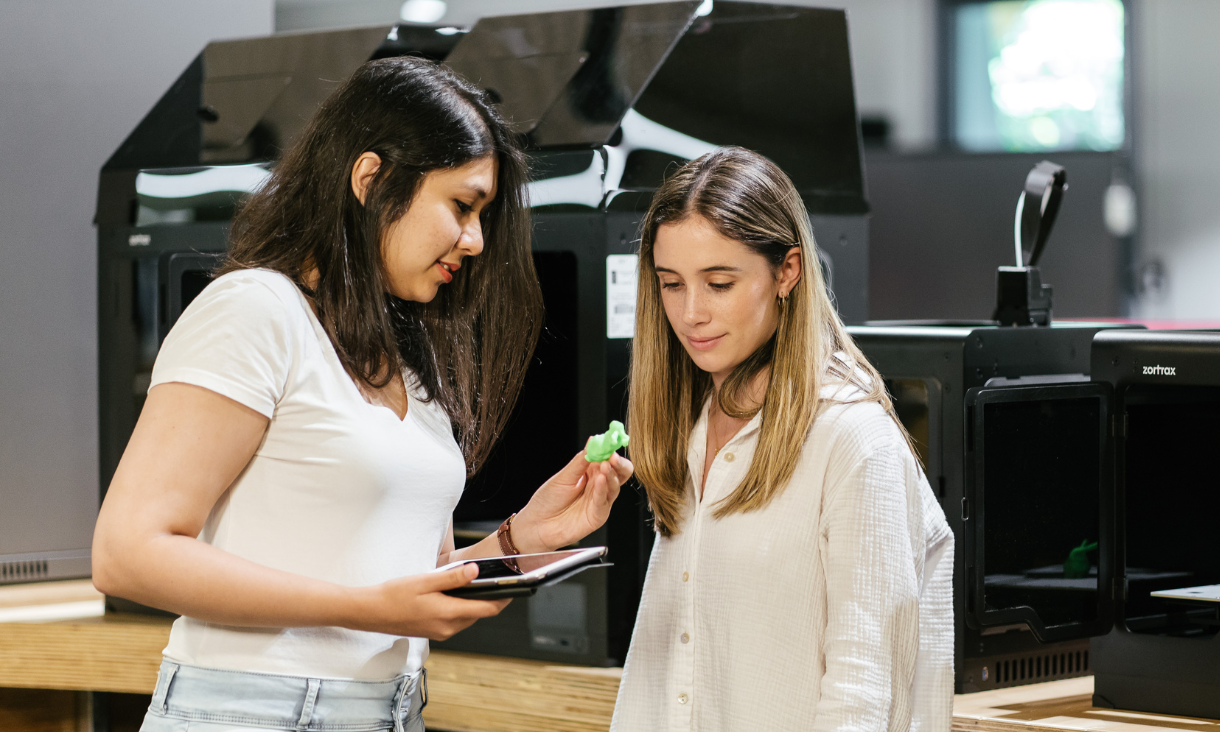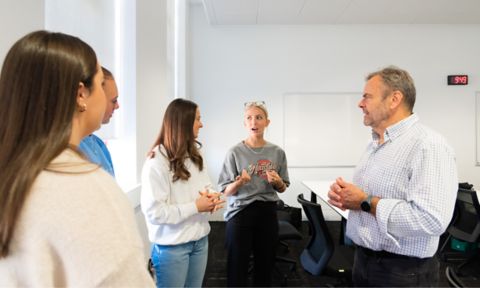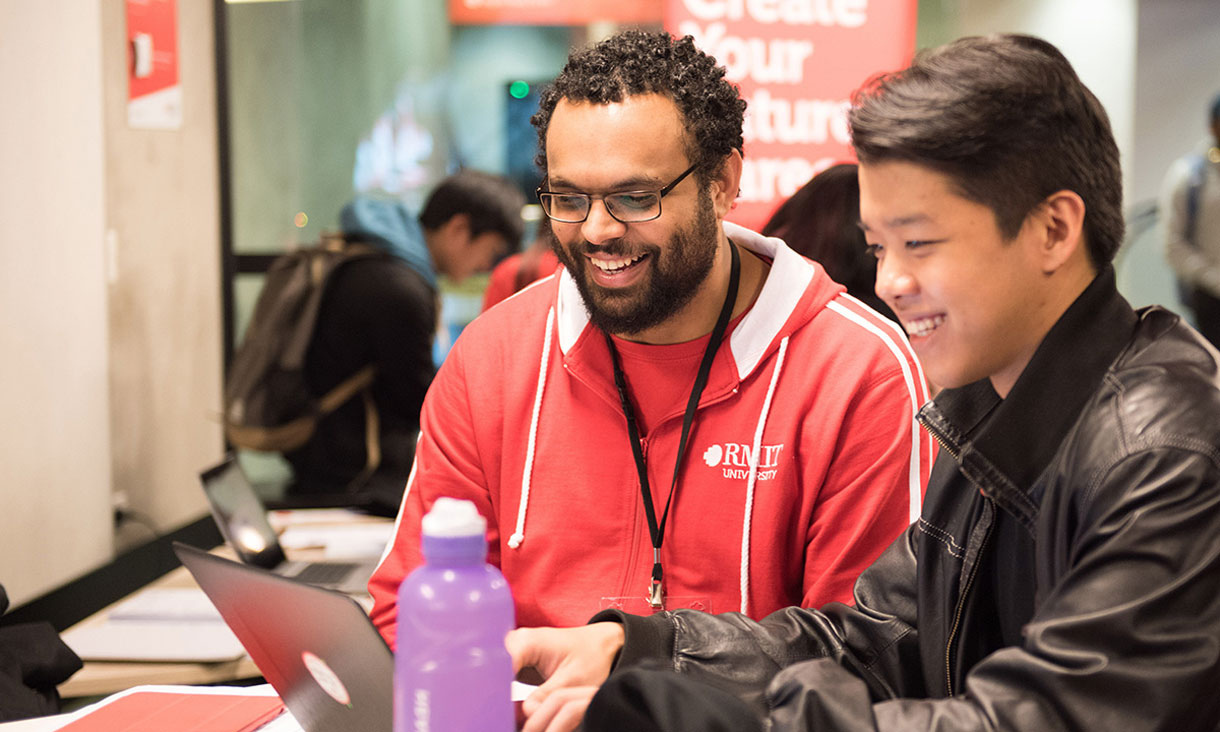An innovative model in industry partnered learning for fashion focused programs
In RMIT’s School of Fashion and Textiles, a group of academics created Product Development courses to build transformative learning experiences.
A progressive design pedagogy that is reimagining teaching practices
Educators in Industrial Design reimagine methods of learning and teaching to produce contemporary design students and progressive teachers.
RMIT’s work integrated learning partnerships gaining national success
RMIT’s multifaceted work integrated learning program with marketing agency DataSauce has gained national recognition for building graduate success.
Peer mentoring program: peer-to-peer learning support
RMIT Library's peer mentoring program provides a safe space for students to seek learning assistance through one-on-one, peer-to-peer study consultations.

